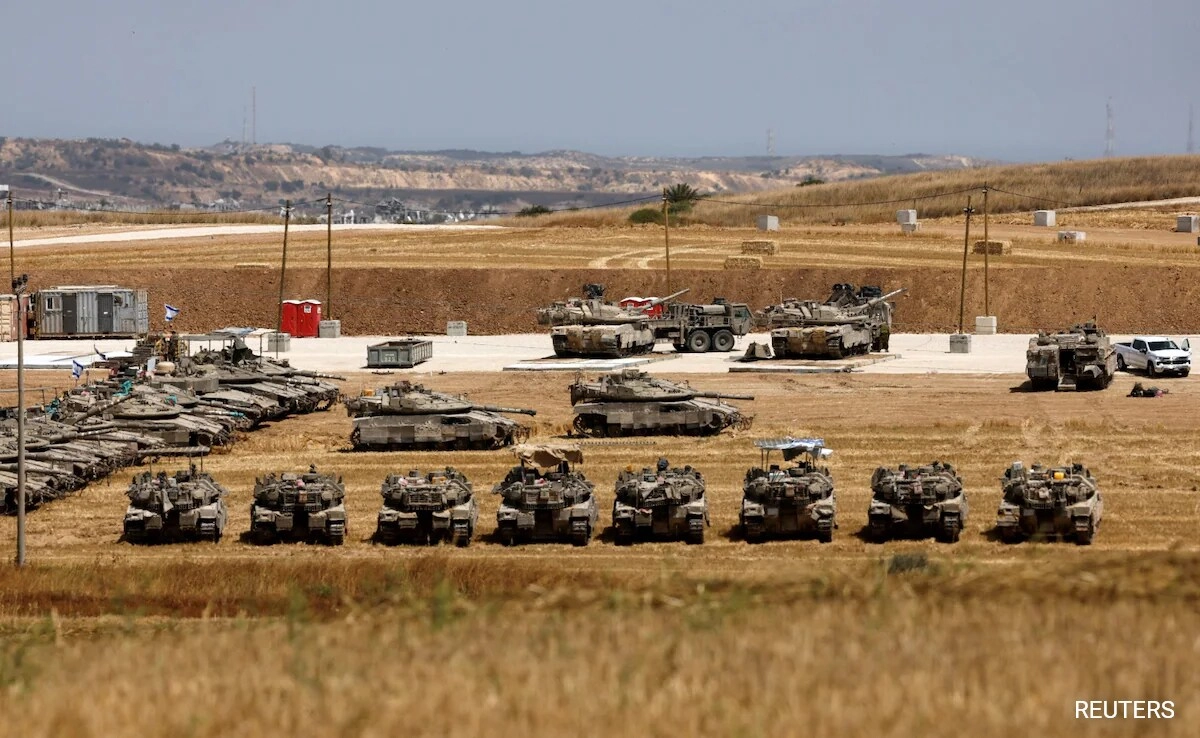As Israel embarks on its military operation dubbed “Gideon’s Chariots,” the strategic intent behind the campaign to “conquer” Gaza is becoming increasingly clear. This operation marks a significant escalation in the ongoing conflict, as Israel aims to address persistent security threats emanating from the region. The term “Gideon’s Chariots” evokes historical and biblical connotations, suggesting a determined and overwhelming approach to warfare. The operation seeks not only to neutralize militant threats but also to alter the dynamics of power within Gaza, potentially reshaping the landscape of Israeli-Palestinian relations.
The decision to launch this operation comes in the wake of escalating tensions and violence, characterized by rocket fire into Israeli territory and retaliatory airstrikes. Israel’s leadership has framed the operation as a necessary measure to ensure the safety of its citizens and to eliminate the capabilities of groups like Hamas. The military strategy is expected to involve a combination of aerial bombardments, ground incursions, and intelligence-driven operations aimed at dismantling the infrastructure that supports these militant organizations. However, this approach raises significant concerns regarding civilian casualties and the humanitarian situation within Gaza, which is already under severe strain due to blockades and previous conflicts.
Furthermore, the operation’s name, “Gideon’s Chariots,” may also serve a psychological purpose, rallying domestic support and portraying a narrative of strength and decisiveness. Israel’s military endeavors often evoke strong emotions, and the historical reference to Gideon—a biblical judge known for his military prowess—might resonate with the Israeli public. Nonetheless, the ramifications of such military actions are profound, as they can exacerbate hostilities and further entrench divisions between Israelis and Palestinians. The international community is closely monitoring the situation, urging restraint and a focus on diplomatic solutions to prevent a broader escalation of violence in the region.
As the operation unfolds, the world watches with bated breath, recognizing that the outcomes could have lasting implications not only for Gaza but also for the broader Middle East. The delicate balance of power in the region hangs in the balance, and the potential for conflict to spiral out of control remains a pressing concern. The humanitarian impact of any military campaign will be scrutinized, with calls for accountability and a commitment to protecting innocent lives. Ultimately, the effectiveness of “Gideon’s Chariots” in achieving its stated objectives remains to be seen, but the complexities of the Israeli-Palestinian conflict ensure that the path forward will be fraught with challenges and difficult choices.




